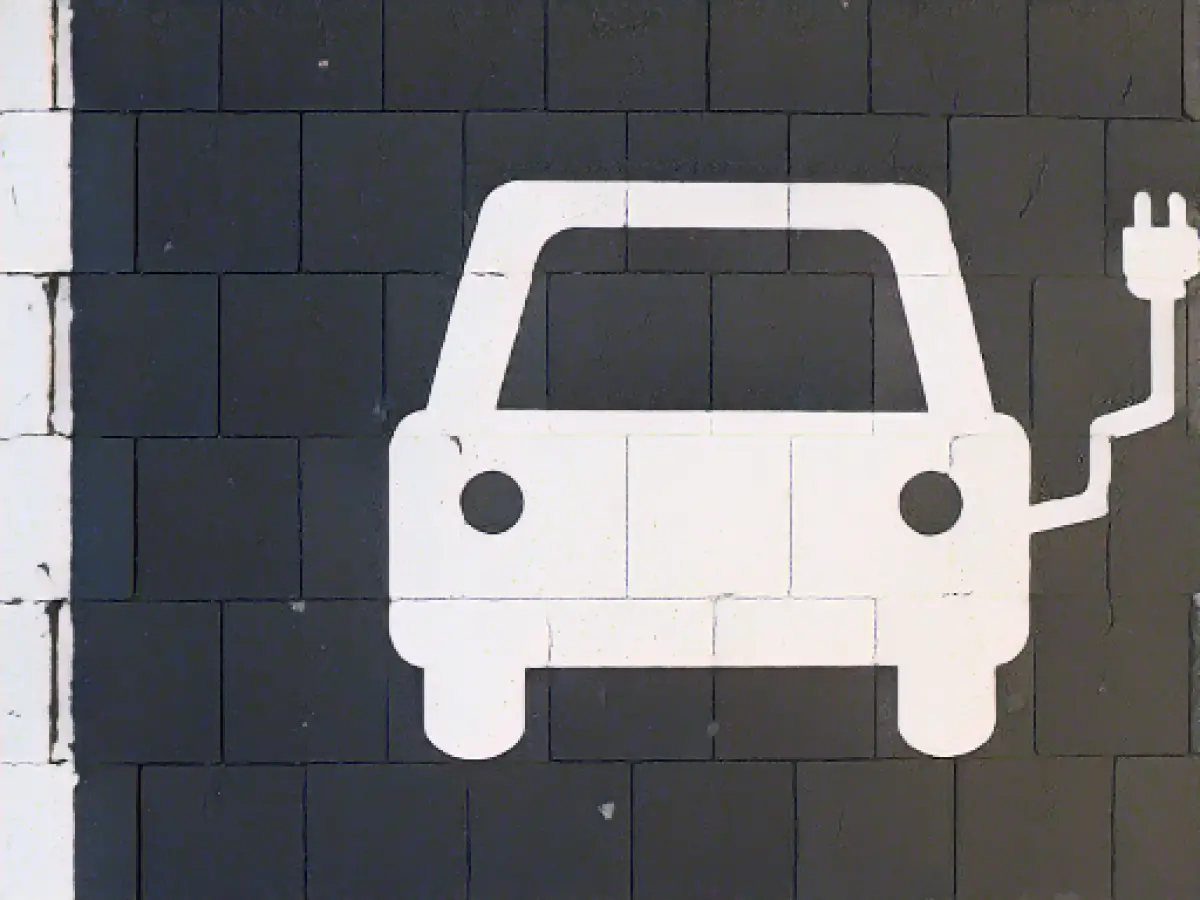Volkswagen Adjusts Production at Zwickau Plant in Response to Slowing E-Car Demand
The automotive industry is currently facing a challenging period, and Volkswagen is no exception. The German carmaker has announced that it will cut a shift at its Zwickau plant, which specializes in electric car production, due to weaker demand for e-cars. A company spokesperson confirmed the adjustments to dpa, stating that the ID.3 and Cupra Born production lines are now operating on a two-shift basis instead of three. The move could potentially expand to a traditional two-shift operation with early and late shifts next year, depending on market conditions.
The Zwickau plant, which was the first in the group to transition fully to electric vehicle production, has been temporarily scaled back since October, with only one of the two production lines currently in operation. The main plant in Wolfsburg is also making adjustments, implementing various shift cancellations. These cutbacks come as no surprise, as Volkswagen terminated a 1991 works agreement in September.
The shift reduction at the Zwickau plant is a response to a multitude of factors impacting the industry as a whole. Raw material costs are on the rise, putting pressure on production expenses. Higher labor wages, a result of Germany's strong trade union network, are also affecting Volkswagen's bottom line. Energy costs have increased as well, leading to additional production burdens.
Despite these challenges, Volkswagen is continuing its significant investments in electrification and digitalization. However, these ambitious projects require substantial financial resources, which can stretch the company's finances. The transition to electric vehicles is strategically vital for Volkswagen, but it also necessitates investments in research, development, and charging infrastructure.
Strict emission regulations, particularly in the European Union, are another financial challenge for Volkswagen. The company must comply with these regulations while balancing its cost management efforts. Moreover, Volkswagen is reducing its production capacity by 734,000 vehicles, including the closure of the Dresden facility and the Osnabrück plant, in an attempt to adapt to market conditions and reduce costs.
The need to cut costs and adjust production is not exclusive to Volkswagen. The broader automotive industry is experiencing similar challenges as it navigates the transition towards more environmentally friendly and technologically advanced vehicles.






